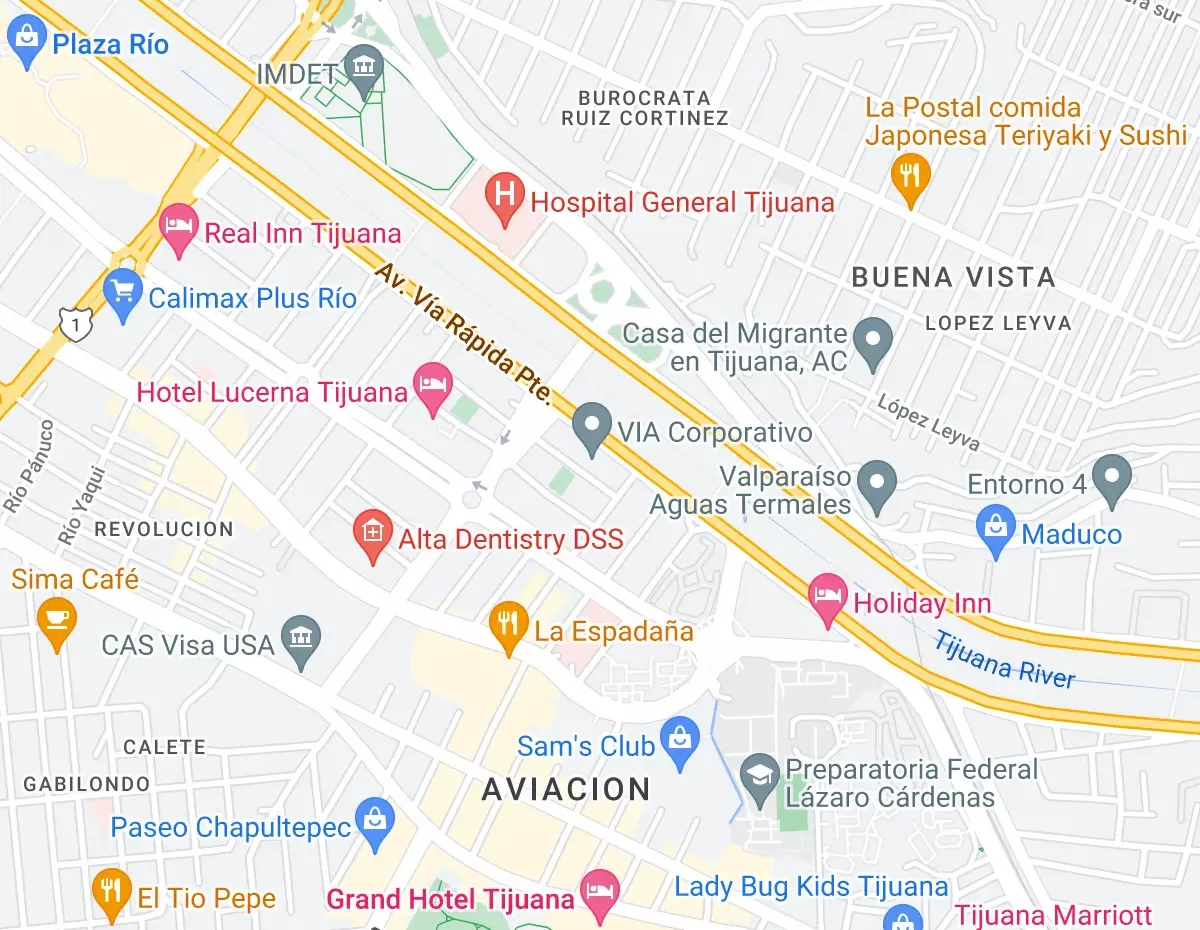Causes of Addiction to Heroin
Heroin is a drug of abuse. Though it is illegal, people frequently use it to get high. It belongs to the class of opioids, which are prescribed medicines. However, all opioids are not suitable to prescribe because of their potential risk factors, and heroin is one of them. Upon looking at the origin of heroin, we find that it is a semisynthetic compound. It is produced from morphine which is naturally occurring in opium poppy plants. Morphine is also an opioid and a precursor of heroin. Heroin is usually available in white or brown color powdered form. People take it via injecting, sniffing, snorting, or smoking.
Several causes are leading an individual to develop heroin addiction. Sometimes they have an intention to use recreational drugs like heroin, cocaine, nicotine, etc. However, in some cases, a significant majority accidentally falls into this trap of heroin addiction via prescription medicines. To know how it happens, we will first learn about the action of heroin in your body.
How Heroin Acts?
Since heroin is also one of the opioids, its action closely resembles them. Primarily, all opioids have two types of effects. They act as painkillers and give pleasure and happiness. Speaking of heroin, when it enters the brain, it tends to bind with receptors that receive pain and pleasure signals. As a result, changes occur in the behavior of a person and ultimately lead to heroin addiction.
Opioids and Other Painkillers
How do opioids relieve pain? When they administer into the body, opioids reduce the pain signals to their respective receptors via binding with them and blocking the signal conduction. This action is similar to that of many painkillers.
Besides that, opioids also bind to the receptors in the brain that are responsible for releasing dopamine. Dopamine and endorphins are mood enhancers. When opioids trigger their release in the brain, the person feels excitement, pleasure, or get high. However, continuous use of opioids for a long time interferes with the normal release pattern of dopamine. This causes the person craving for more frequent and larger doses of the opioid drug.
How Does Heroin Addiction Develop?
Now you know about the correlation between the effects produced by painkillers and opioids, you can easily understand how heroin addiction is possible without having any intention.
Heroin addiction is also known as opioid use disorder. It often begins with the use of legal painkillers. The pain-relieving drugs that are prescribed in case of any injury or after surgery have a similar mechanism of action to heroin. After a certain time, the use of these medications is stopped. However, if the person has become addicted to them during the time, he will try to keep using them or switch to alternatives that result in the use of illicit drugs like heroin.
Using legal painkillers does not always lead to developing a heroin addiction. But, it increases the risk to a higher extent. Several studies carried out to date also reveal that 80 percent of people who misused prescription painkillers or opioids turned into heroin addicts. In recent research conducted among people who entered the treatment for opioid use disorder, heroin is reported as the first opioid that people frequently abused.
Other Risk Factors Of Heroin Addiction
Along with prescription medicine misuse, some other factors may also develop heroin addiction.
Genetics, i.e., family history of addiction or substance use disorder
Personal experimentation with drug use
History of mental health disorder
History of risk-taking behavior
Criminal background
Lack of emotional or moral support
Pressure at work or home
History of sexual abuse
Unemployment
Failing relationships
Physical injury or trauma
Interaction with high-risk individuals
Final Words
There are many causes of heroin addiction other than misuse of prescription opioids. They can be psychological, genetic, or environmental. However, by closely observing the signs and symptoms, you can help your loved ones to overcome heroin addiction. Find the best addiction treatment center with Ibogaine Treatment.




